
We've all heard that taking a bath before bed can help you sleep better. But is there any truth to this claim? In this article, we will delve into the science behind the idea and explore different techniques to maximize your bath relaxation experience. So, kick back, relax, and keep reading for a comprehensive look at the ultimate bedtime bath!
The Science Behind a Bath Before Bed
The idea that taking a bath before bed improves sleep has its roots in our body's natural temperature regulation process. Our body temperature changes throughout the day in accordance with our body's circadian rhythm. When we're ready to sleep, our body temperature naturally decreases to prepare for rest. Studies have found that taking a warm bath before bed raises your skin temperature, which helps signal your body that it's time to cool down. The subsequent cooling down process after the bath encourages a rapid onset of sleepiness, leading to a quicker transition to restorative sleep.
A study published in Sleep Medicine Reviews found that taking a warm bath 1-2 hours before bedtime can significantly improve sleep quality. Not only does it help you fall asleep faster, but it also enhances the overall quality of your sleep with deeper and longer restorative phases.
Beyond Temperature: The Power of Bath Relaxation on Sleep
While the primary reason a bath before bed improves sleep is linked to our body's core temperature, bath relaxation can offer additional benefits that contribute to better rest.
A. Stress Relief and Calming Effects
A relaxing bath can help to relieve stress and ease your mind after a long day. The soothing warmth of the water coupled with calming scents, such as lavender and chamomile, can create a sense of well-being and reduce anxiety. This relaxation ultimately provides an opportunity to clear your mind and prepare for a peaceful night's rest.
B. Easing Muscle Tension and Aches
Sore muscles, aches, and pains can all contribute to poor sleep quality. A warm bath can help to alleviate these discomforts by supporting blood circulation and allowing your muscles to relax. A relaxing bath can not only soothe these physical discomforts but also help to shorten recovery time after exercise.
C. Enhanced Bath Time Mindfulness
Taking a bath before bed can be the perfect time to engage in mindfulness practices that further support restful sleep. By giving yourself the space and time to clear your mind, engage in deep breathing, and focus on self-care, you're more likely to ease into a state of relaxation that ushers in a good night's rest.
Tips for Maximizing the Benefits of Bath Relaxation Before Bed
To optimize your pre-sleep bath, consider these tips for the ultimate bath relaxation experience:
1. Ideal Temperature and Timing
Research suggests that a warm bath (not too hot or cold) is most effective for inducing sleep. Aim for a temperature of around 104°F (40°C) and limit your bath to around 20 minutes. Plan your bath 1-2 hours before your bedtime to allow your body sufficient time to cool down after the bath.
2. Addition of Essential Oils and Bath Salts
Using bath salts can enhance the relaxation properties of your bath. Epsom salts, which contain magnesium sulfate, are known for their ability to relax and soothe sore muscles. Lavender, chamomile, and ylang-ylang essential oils can also provide calming effects, further contributing to a relaxing experience.
3. Use of a Bath Pillow and Cushion
To make your bath even more comfortable and effective at improving sleep, consider the addition of a luxury bath pillow. This allows for extra support and comfort while still allowing for maximum relaxation.
[Image idea: A luxury bath pillow in a bathtub]
4. Incorporate Peaceful and Soothing Atmosphere
Create a peaceful atmosphere in your bathroom by dimming the lights or using candles. Soft, relaxing music or nature sounds can also enhance the experience and encourage a calm state of mind.
5. Hydrate and Moisturize
After your bath, drink a glass of water to help your body rehydrate as it resets its temperature. Apply a moisturizing lotion to your skin to lock in the soothing benefits of the essential oils and bath salts.
In Summary
Taking a bath before bed has been proven to improve sleep quality through the power of bath relaxation. Not only does the warm water help regulate body temperature, but the calming experience can also provide stress relief, physical comfort, and a state of mindfulness, all conducive to good sleep. By incorporating essential oils, bath salts, cushions, and soothing ambiance, you can make your pre-sleep bath routine even more effective. Sweet dreams!
Frequently Asked Questions about Bathing Before Bed
Q: Is it good to bath before sleeping at night?
A: Yes, taking a warm bath before bedtime can actually help improve sleep quality. As discussed in the article, a bath not only helps regulate body temperature but also provides relaxation, stress relief, and increased muscle comfort. All of these factors contribute to better sleep and overall well-being.
Q: How soon before bed should I take a bath?
A: To optimize the sleep-enhancing effects of a warm bath, it's recommended to take it about 1-2 hours before your bedtime. This allows enough time for the body to cool down after the bath, which is a critical step in inducing natural sleepiness.
Q: Is it better to shower before or after you sleep?
A: Whether you shower before or after sleep largely depends on your personal preference and your shower routine. However, research suggests that taking a warm bath or shower approximately 1-2 hours before bed can improve sleep quality. Showering before bed can help to signal the body that it's time to wind down, promoting relaxation and a calm state of mind.
If you feel that taking a bath or shower in the morning helps wake you up and start your day off on the right foot, then it's not a bad idea to keep that routine. The key is to find what works best for you and your unique sleep needs.
Q: Is it okay to take a bath if you lack sleep?
A: If you're experiencing a lack of sleep or poor sleep quality, a warm bath can potentially help by promoting relaxation, easing physical discomfort, and helping your body transition to a restorative sleep state. It's important to maintain a consistent bedtime routine, which could include a warm bath, to support healthy sleep habits. However, if you find that you are consistently lacking sleep, it's crucial to consult a healthcare professional to uncover any underlying issues that may be contributing to your sleep struggles.






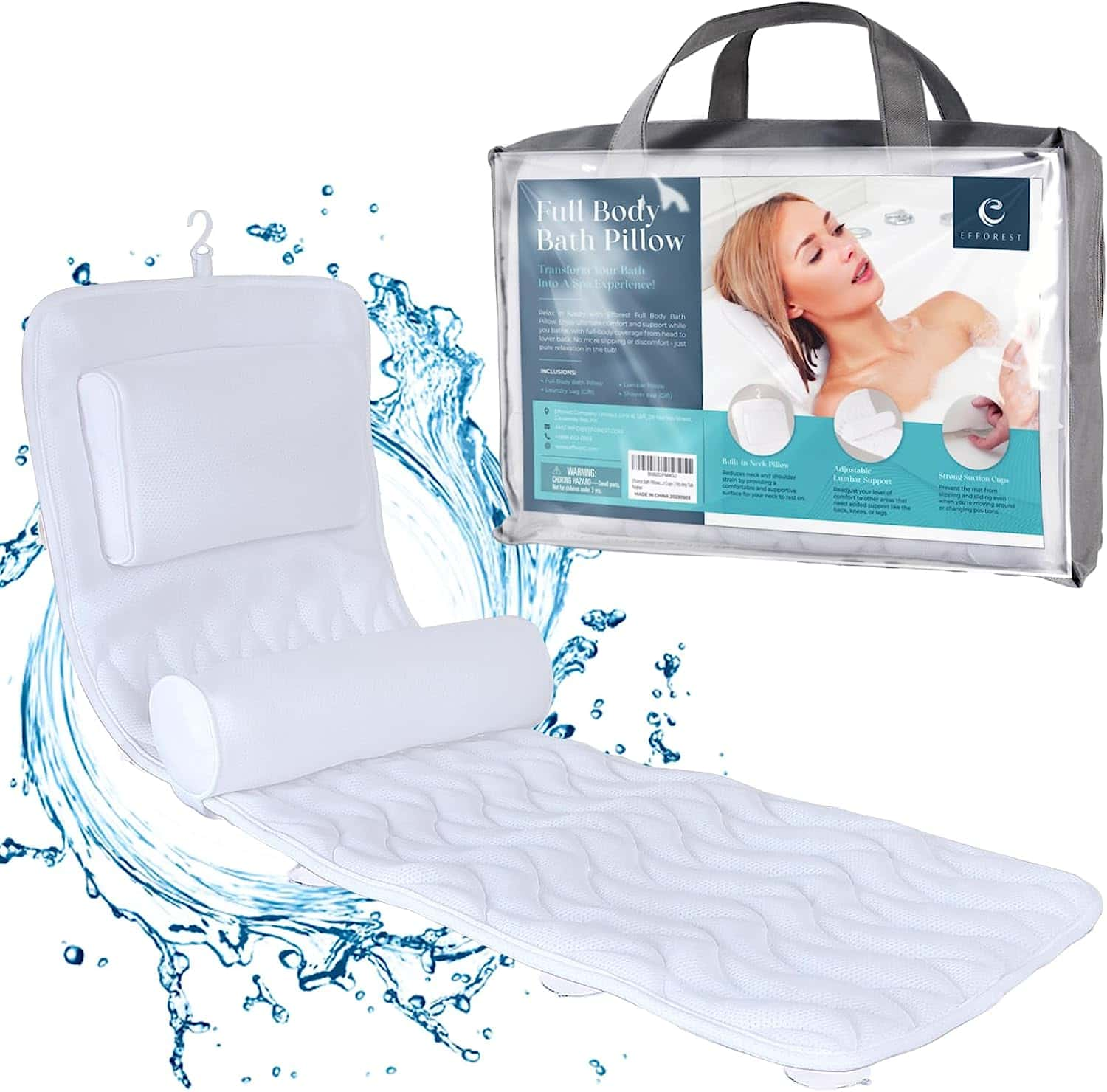




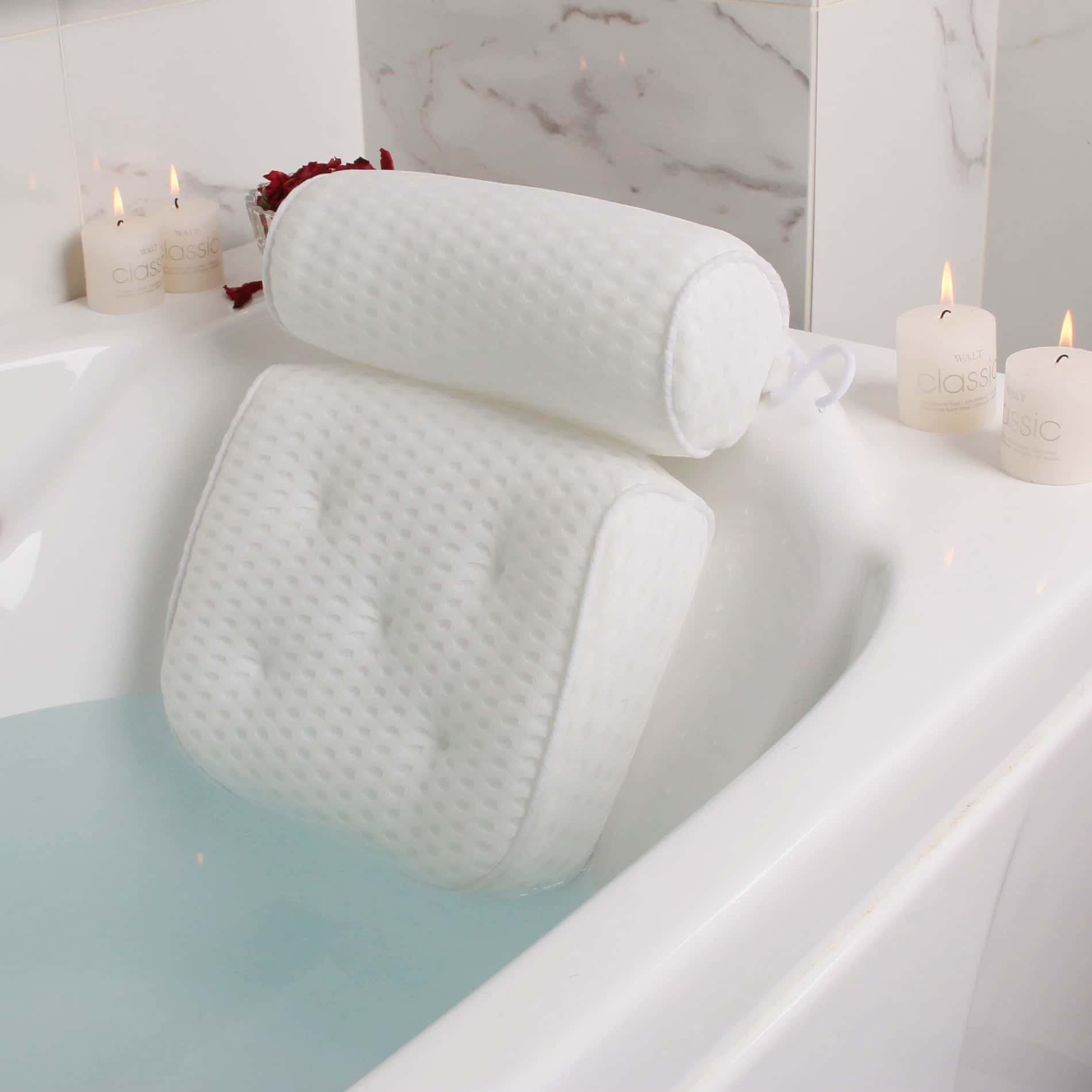
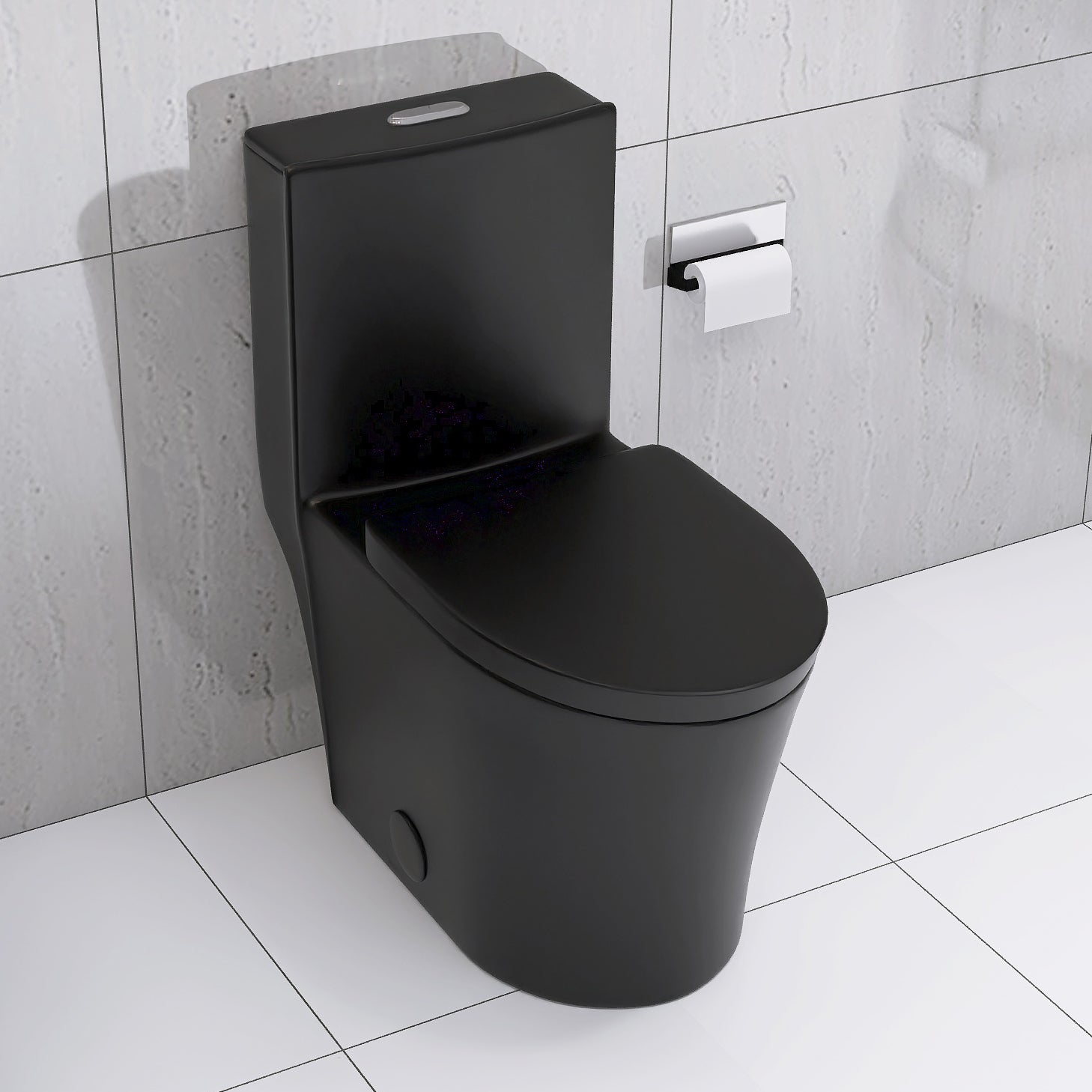

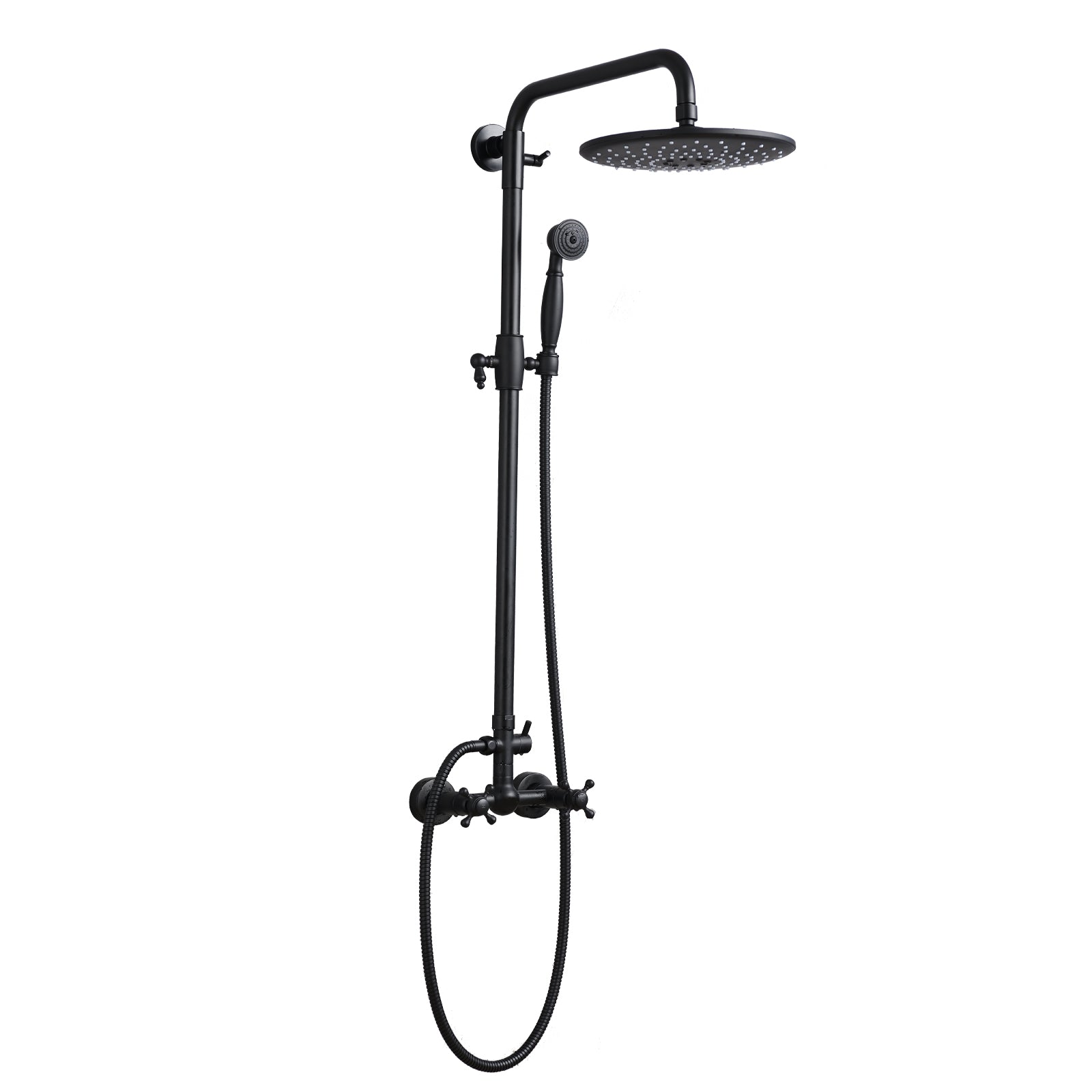


















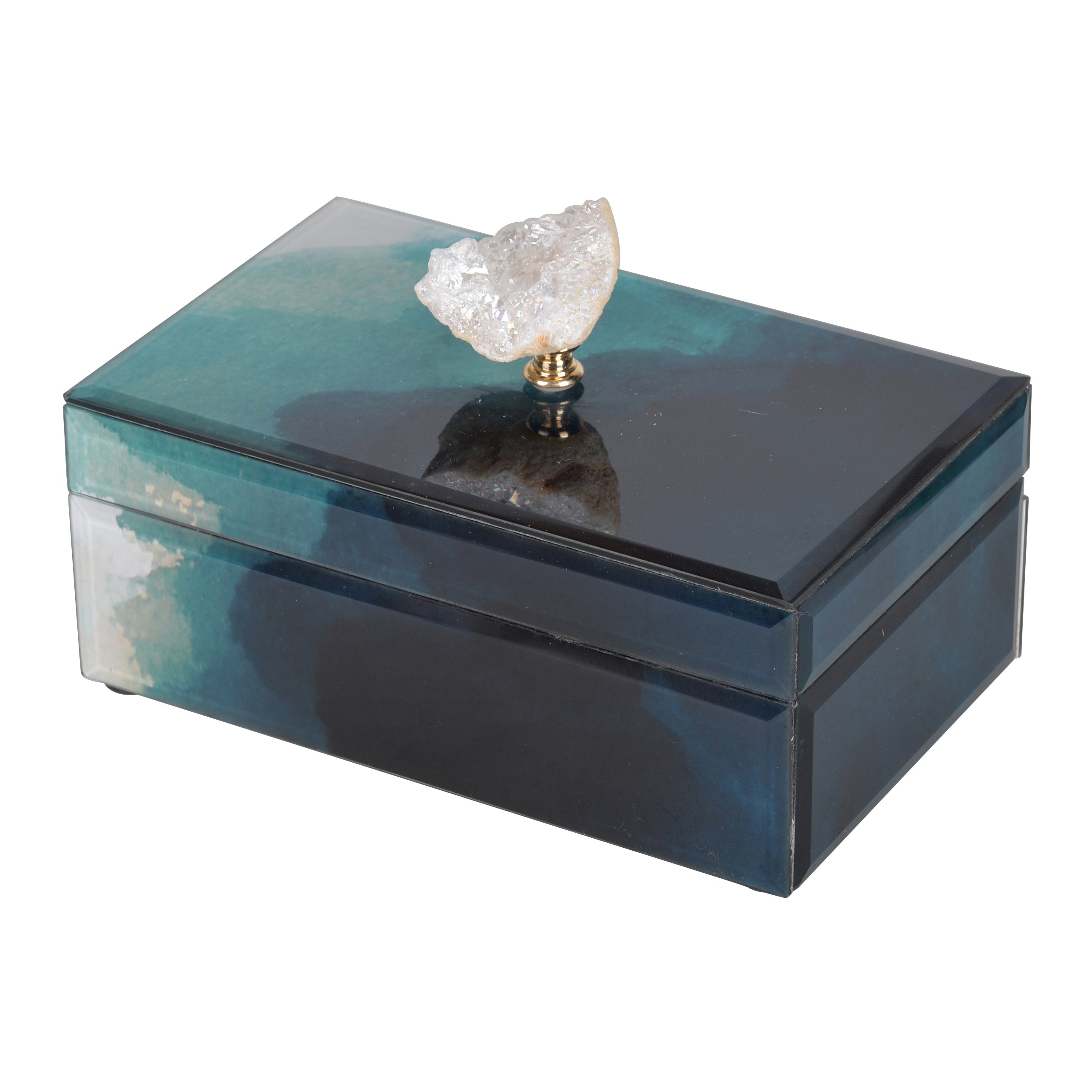













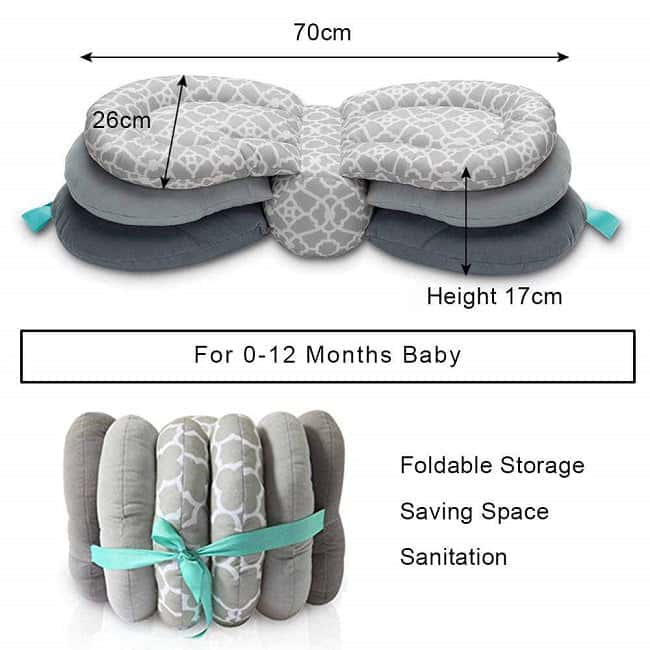













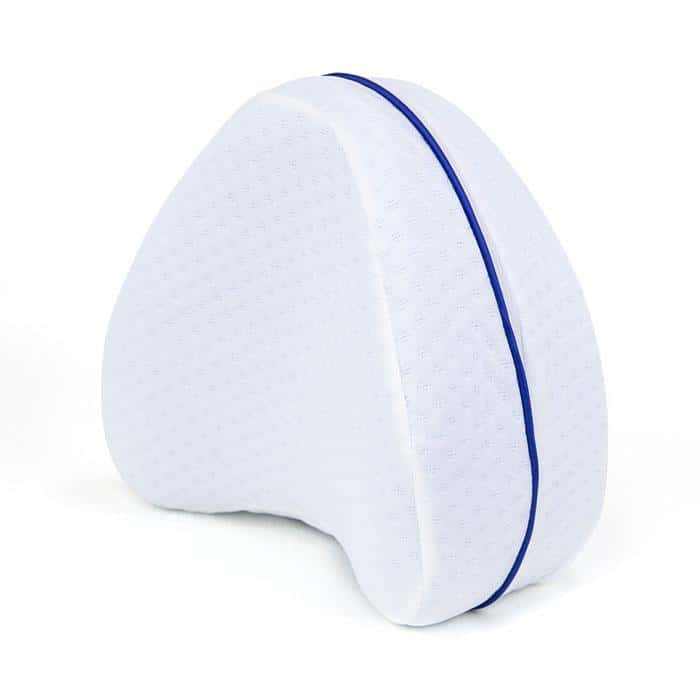

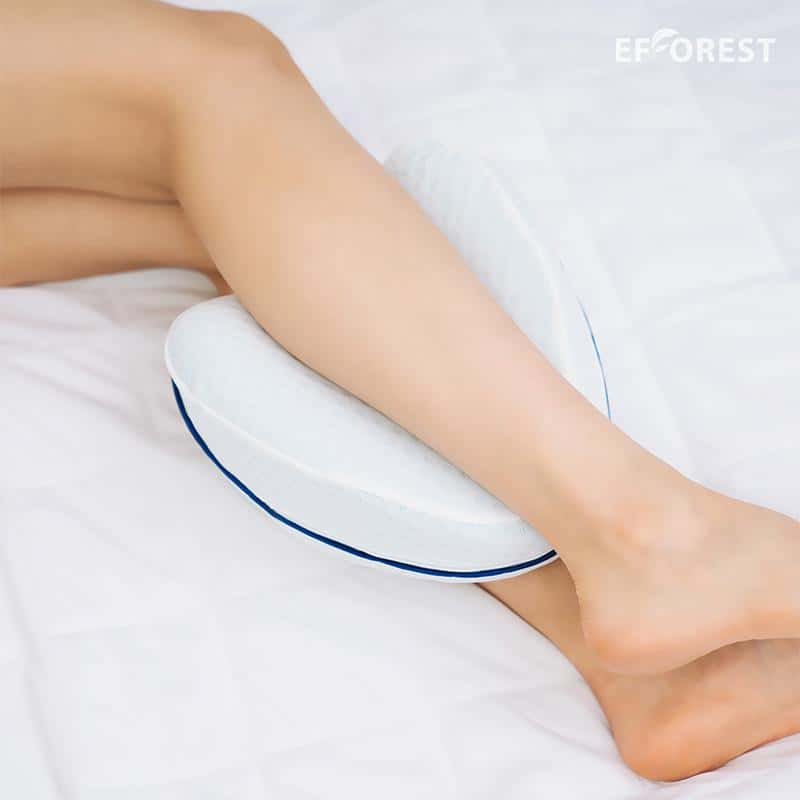
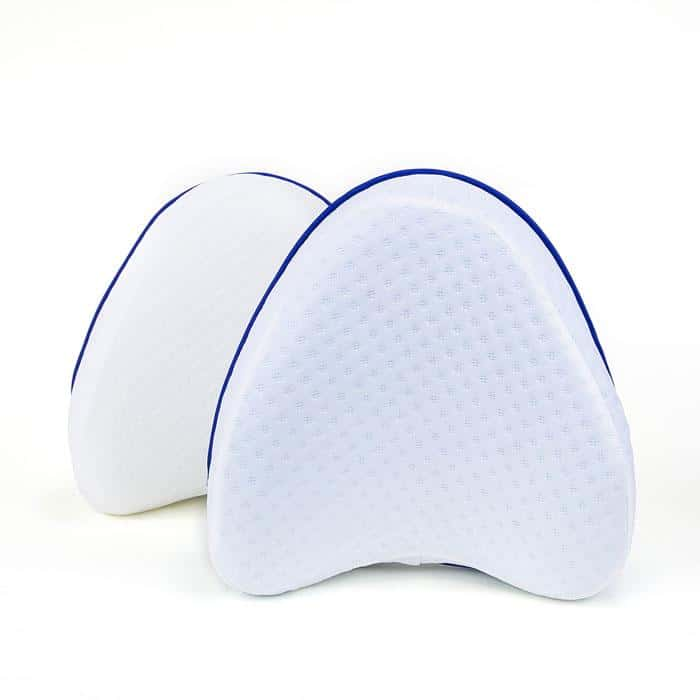
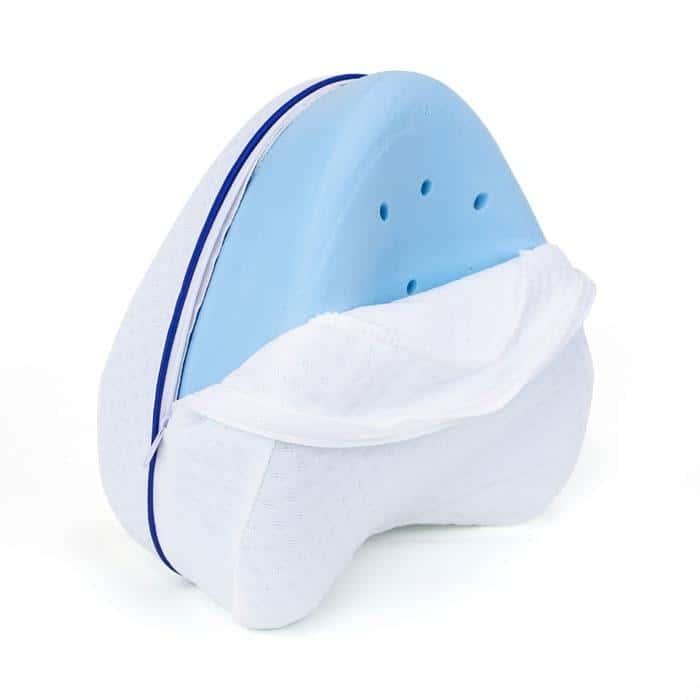
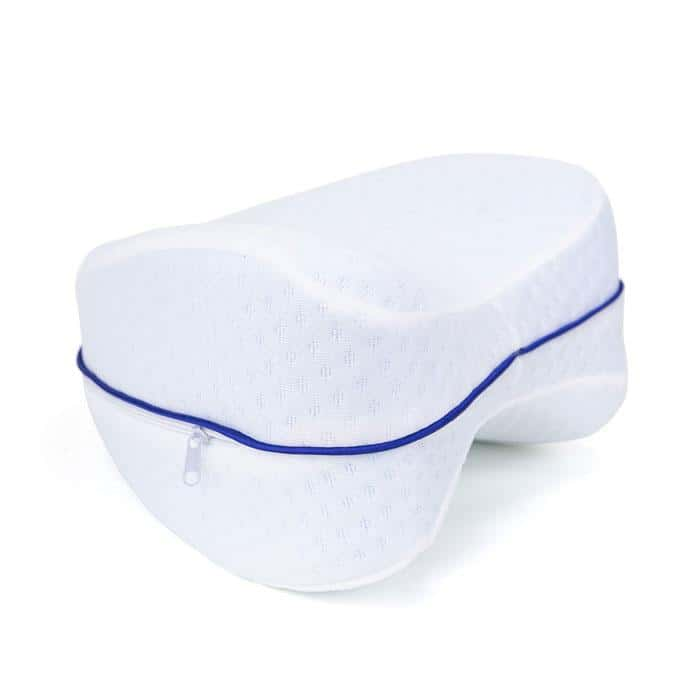

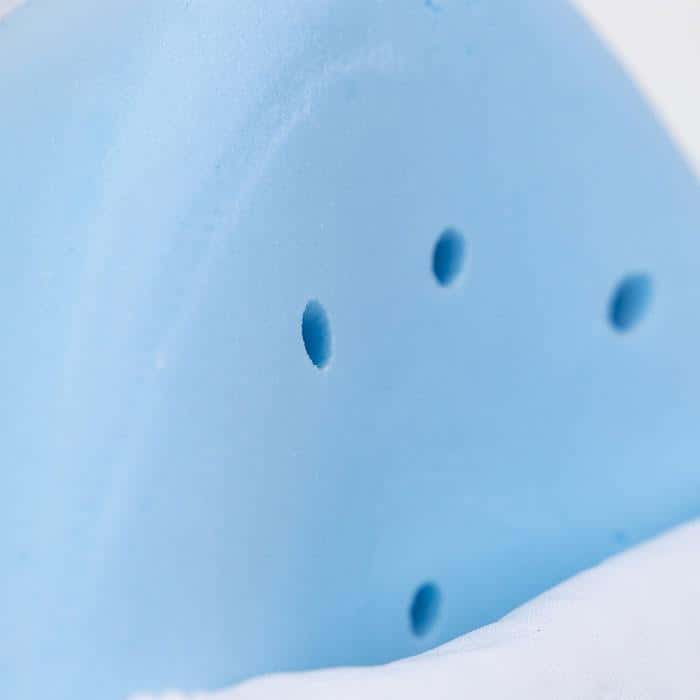

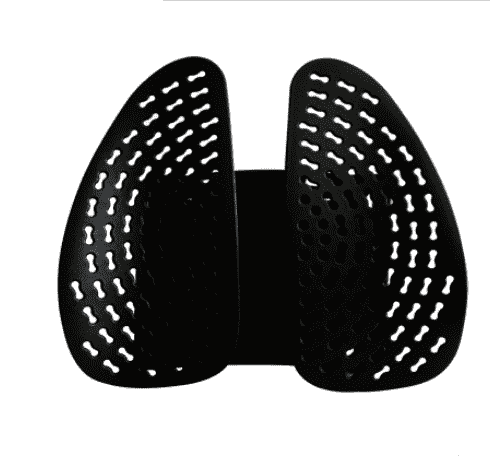
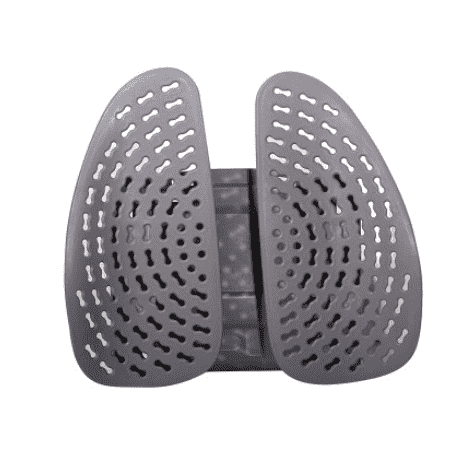
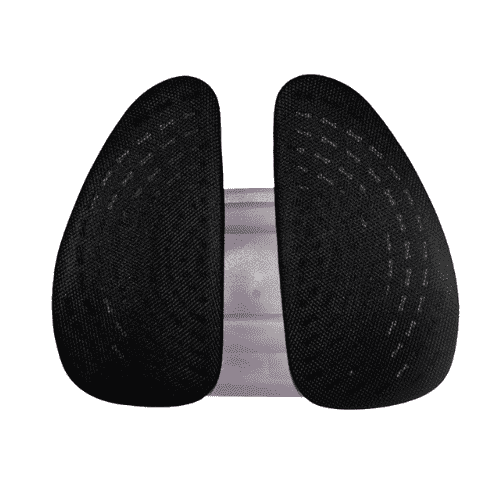





Share and get 15% off!
Simply share this product on one of the following social networks and you will unlock 15% off!